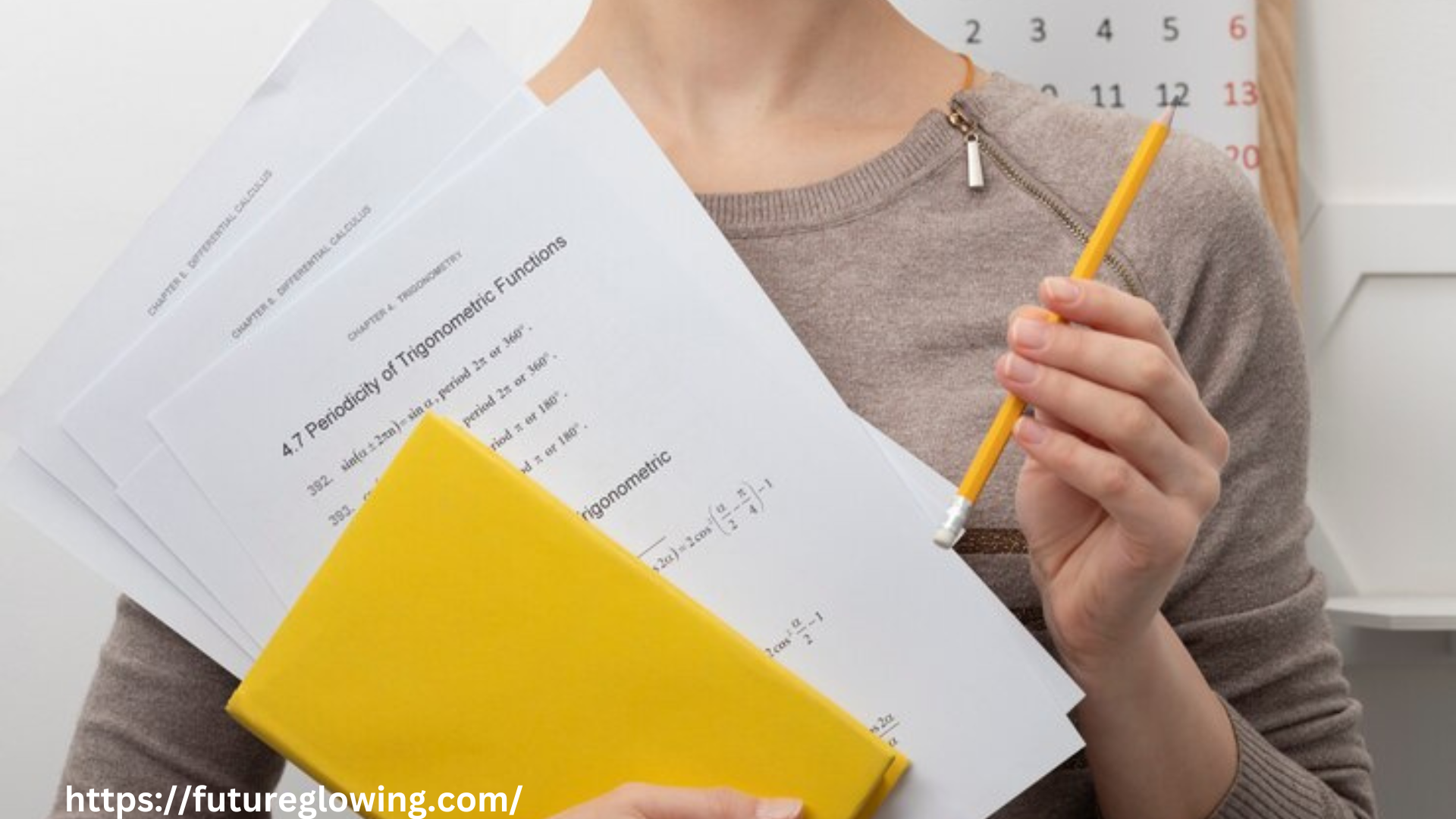
An Introduction to the European Review
The European Review stands as a beacon of scholarly discourse in the European academic and research community. Established decades ago, it has carved a niche for itself by providing a platform where groundbreaking ideas and research find a voice. Over the years, the publication has grown in stature, becoming a vital resource for academics, policymakers, and thought leaders alike. The European Review’s commitment to excellence has ensured its place as a respected authority across various fields including economics, politics, culture, and science.
Readers who engage with the European Review not only get access to cutting-edge research but also become part of an intellectual tradition that values depth, rigor, and relevance. For those new to this publication, this blog post aims to provide a comprehensive overview of the European Review’s profound impact and continued significance.
In the sections that follow, we will explore the European Review’s influence, examine some of its most impactful articles, and discuss its editorial standards. We’ll also look ahead to its future, considering how it can continue to thrive in an increasingly digital world.
The Role of European Review in Shaping European Thought
The European Review has long served to shape opinion in Europe across a broad range of disciplines. Many of its articles act as a springboard for discussion and debate, questioning the limits of conventional wisdom and investigating novel concepts. Economically, the journal has had its hand in defining fiscal policies and economic strategies across the continent by publishing some of economics’ most pivotal pieces.
Our discussions on governance, democracy and design have been cited by policymakers across the globe but also only in the politics field, and our articles provide content for some of those who run e.g. European programmes or projects to play with ideas about international relations as well… The puiblications of these discussions are not only to argue because they have consequences in reality, shaping policys that leaves effect on millions.
The journal took it upon itself to traverse the melting pot of European culture, to evaluate critically how opera et al promote stories and affirm identities. In the world of science, it has created a forum for cutting-edge solutions to some of today’s most critical problems. The ER is not only a store of knowledge, but directly contributes to the conversation that makes this thought process up on the European and global scale.
A look at European Review’s Top Articles
Certain papers were of direct relevance to policy formation and could as well have been written for the letters page of any broadsheet. A notable paper on the economic integration in Europe has produced results that have been important to researches for policy development and implementation. In addition to discussing the economic theory, this article eventually suggested practical policies offering a one-stop checklist for policymakers that makes it highly useful.
One big article surveyed the reasons for and likely consequences of populism in Europe. This analysis was timely as it helped in framing the discourse around political changes that were occurring in the region, giving a perspective to understand nuanced socio-political complexities.
One article in the realm of science written about renewable energy breakthroughs went over monumental information that influenced sustainable power source policies. These examples serve to highlight the logic that underpins the European Review’s editorial process.
The Journal’s Editorial Process and Peer Review System
At the heart of its success is a strong editorial process and peer review system. Every manuscript is peer-reviewed by the readers who are knowledgeable in the subject area and only accepted manuscripts will be published. And such excellence in that is further reflected by the stringent peer-review process of the journal, where originality and relevance take precedence over simple favour-shipping.
Peer review is not just a hoop for you and your work to jump through — it’s part of what the journal exists to do: maintain academic integrity. When reviewers effectively critique the work, an author improves their piece and continues to play a necessary role in advancing their discipline. Such an approach of collaboration among authors, editors and reviewers alike serves to embed a spirit of constant refinement as well as novel perspectives, keeping the European Review at the vanguard in scholarly conversation.
When you publish in the European Review authors being identified as publishing with a journal of an esteemed reputation, provides recognition and status to your research back within the academic community. Readers can, therefore, trust that they are consuming the highest form of quality-controlled and peer-reviewed scholarship.
His Position on the Digital Landscape in European Review
The European Review; meeting of International Society for Microbial Ecology welcomed social media trend to increase online visibility and reach. Using cyber-resources, the journal reaches BEYOND ‘academic blah-de-blah’, opening to ANYONE anywhere with some internet connection. The ability to access them on the internet has opened up opportunities for students, professionals and enthusiasts who now have an abundance of information available from journals.
All the published papers and book reviews of The European Review are available online through a user-friendly platform with search facilities which facilitate finding articles on specific subjects. The journal has also taken to social media as means of advocating its content, interacting with readers and creating a sense of community. By hosting webinars, virtual conferences and inter-active debates the European Review is taking real ownership of on-line activity.
The Future of European Review
Looking ahead, the European Review faces both challenges and opportunities in an ever-changing academic environment. One of the key challenges is maintaining its high standards while adapting to the demands of the digital age. However, with challenge comes opportunity, and the European Review is well-positioned to leverage new technologies for greater impact.
The journal has the potential to expand its audience by offering more interactive content, such as video abstracts and multimedia supplements. Engaging with younger audiences through educational initiatives and partnerships with academic institutions can further enhance its reach and influence.
To continue its trajectory of success, the European Review must remain committed to its core values of excellence, integrity, and innovation. By fostering collaboration and encouraging diverse perspectives, the journal can continue to shape European thought and contribute to global scholarship.
Conclusion
The European Review is more than just a journal; it is a vital part of the European academic landscape. Its contributions to various fields have had a lasting impact, influencing policies and enriching intellectual discourse. For those who seek to engage with cutting-edge research and thought-provoking ideas, the European Review offers a valuable resource.






